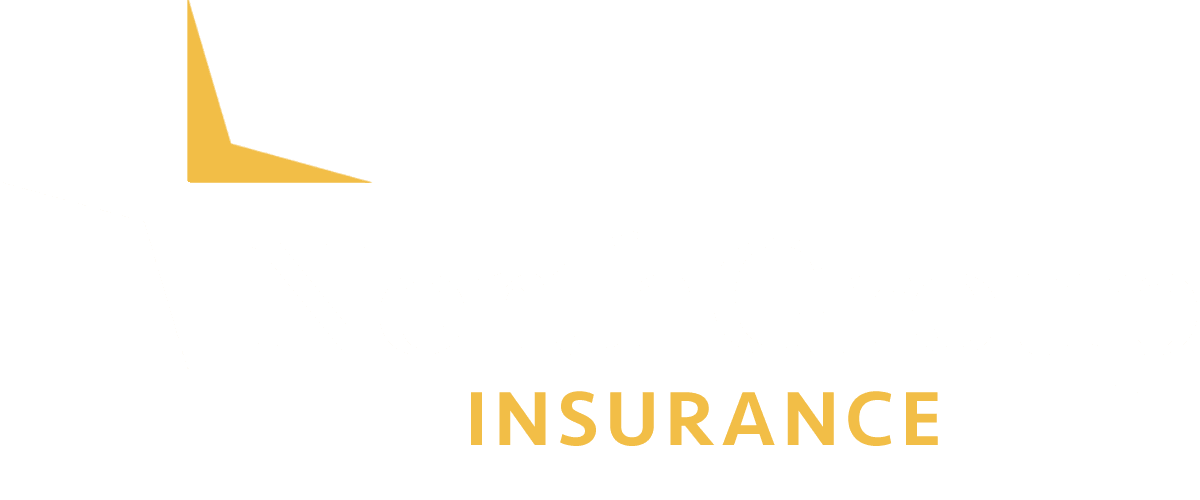Home > Insurance Blog > 5 Insurance Considerations for Your Home Remodel
5 Insurance Considerations for Your Home Remodel

Planning a home remodel? April is National Rebuilding Month, after all. Whether adding space, upgrading features, or increasing functionality, your renovation could impact your homeowner’s insurance. Some updates may require additional coverage, while others might lower your premiums. Here are five key insurance considerations before you remodel your home.
Increased Coverage for Home Additions
Expanding your home, whether by adding rooms or finishing a basement, increases its value, and your current dwelling coverage may no longer be sufficient. Before breaking ground, consult an insurance agent to ensure your coverage reflects your home’s value.
- Reassess dwelling coverage: New additions increase your value. Review a possible increase of your dwelling coverage to match the new square footage that may be at risk.
- Update personal property coverage: Incorporating new rooms or features can include acquiring additional personal belongings. Ensure your policy reflects these changes to protect new furniture, electronics, appliances, and raw square footage.
- Review liability coverage: Certain additions can elevate the risk of accidents. Evaluating and possibly increasing your liability coverage is prudent to safeguard against potential claims.
Liability Protection for a Swimming Pool
Adding a swimming pool increases liability risks, as it’s considered an “attractive nuisance.” The legal term “attractive nuisance” describes a hazardous condition or object that might lure children or others onto the property, putting them at risk of injury. The property owner may be held responsible for injuries due to the attractive nuisance, especially if they have failed to take reasonable steps to prevent access, for example, by installing a locking fence or gating around a pool.
Your insurer may require higher liability coverage, so it is always best to check before you begin remodeling. Additionally, installing safety features may be necessary for coverage eligibility—something to consider adding to your remodeling plans.
Policy Updates for a Home Office
If you add a dedicated home office or run a business from home, your standard policy may not cover business-related equipment or liability. To make sure you have adequate protection, consider the following:
- Adding an endorsement: This is an addition to your existing policy that modifies or extends coverage. It can protect specific assets or risks not covered by your standard policy, such as business property or valuable items.
- Acquiring an in-home business policy: Designed for those running a business from home, this policy covers business property, liability, and other risks that might not be covered under your homeowner’s policy.
- Purchasing separate business insurance: Separate business insurance provides comprehensive coverage for business activities, such as liability, property damage, and workers’ compensation. It’s ideal for businesses needing more protection than an in-home policy offers.
Discounts for Safety Upgrades
Not all renovations increase premiums. Updating electrical wiring, plumbing, or roofing can lower costs by reducing the risk of fire or water damage. If your remodel includes these upgrades, ask about potential discounts on your homeowner’s insurance.
Insurance Coverage During Construction
One thing many families or homeowners overlook is the time during construction. Depending on the scale of your remodel, your home may be vacant or exposed to greater risks while construction is ongoing. Builders’ risk insurance protects materials from theft or damage, while vacant home insurance covers unoccupied properties during renovations. Make sure you have the right coverage before work begins.
Stay Protected Through Your Remodel
A home renovation is a significant investment; the right insurance coverage protects that investment. Before starting any project, speak with one of our experienced personal insurance agents to review your policy and make any necessary adjustments today.
